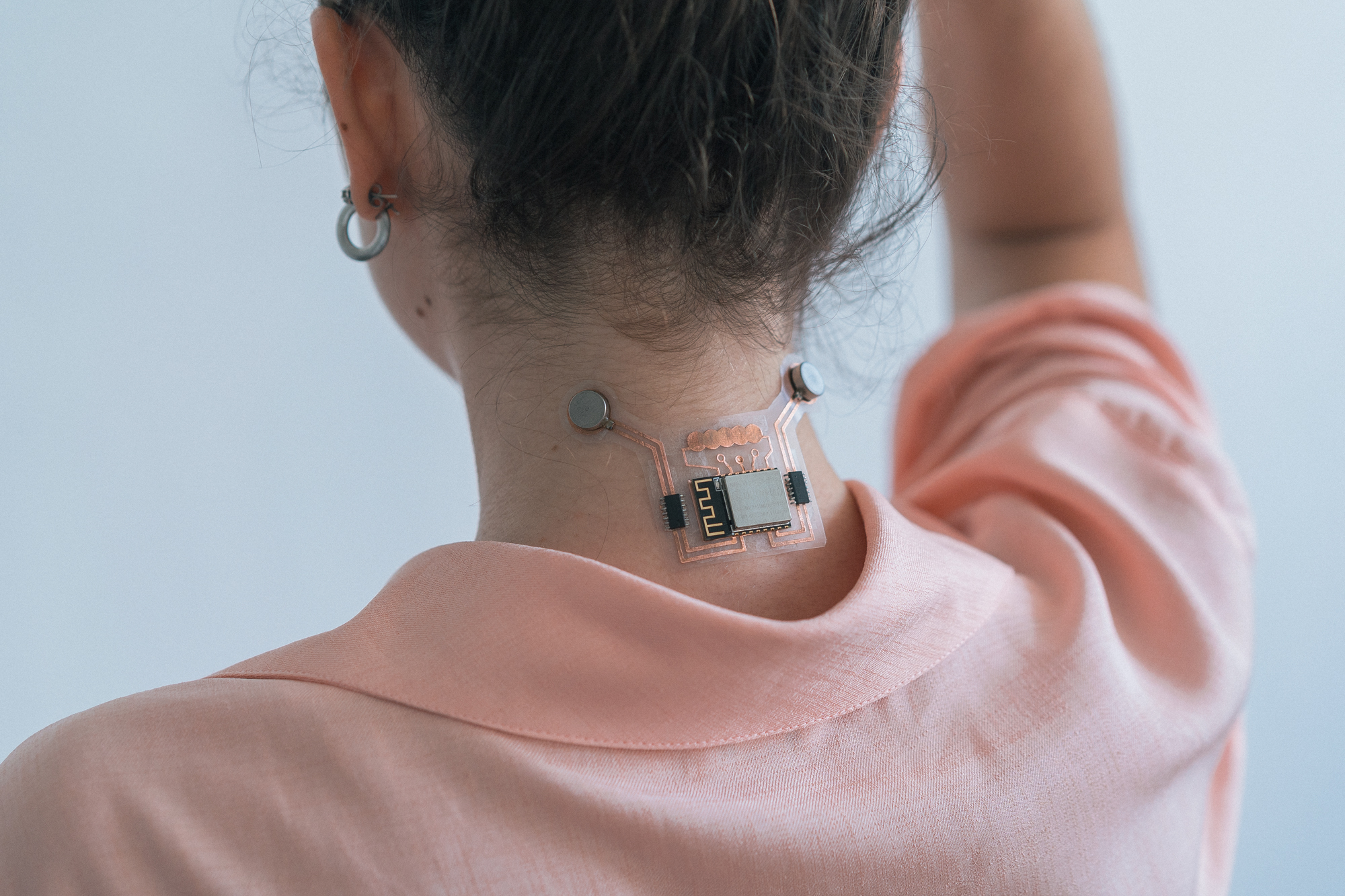The second academic year of the MDEF allows students to deepen their training and further develop the final Thesis Project presented at the end of the first academic year. It also allows students to continue their research and innovation agendas using a multiscalar, experimental and realistic approach, and turning the final projects developed in the first year of the program into living platforms for academic research, business development or direct impact on open source communities.
The Thesis Project design workshop is the backbone of the MDEF02 program. That is why we have three types of Thesis Project, related to each quarter of the program, and each with its specific objectives.
Implementation: The first Thesis Project design workshop is focused on reinforcing the implementation of the projects that have been developed in the first year of the program. To achieve this objective, tutorials will be carried out with the directors of the master’s degree, directors of the study workshop, and invited experts. The tutorials will be focused on reinforcing the ability to articulate innovation projects in the real world, and on being able to incorporate the knowledge acquired during the program.
Validation: This design workshop is focused on developing a series of strategies during the implementation of the final master’s project for its economic, environmental, social, and communicative assessment. Through an iterative design process, and applying impact measurement methodologies, the student will be able to collect and analyze evidence that allows strategic decision-making within the different aspects of the final master’s project.
Dissemination: The third design workshop is focused on developing the communication and dissemination actions of the final master’s project. Within these strategies, dissemination in the academic field is contemplated, as well as communication strategies related to traditional and innovative media, both in the digital field, such as print or performative.
At the end of the second year we hope that the students have developed their projects within the framework of the following guidelines:
Academic orientation
CTS credits and continuation of the academic career through other Master or Doctorate programs.
Business Orientation
Development of a business structure around a product or service.
Collective Orientation
Implementation of an accessible technological development for open source communities.
